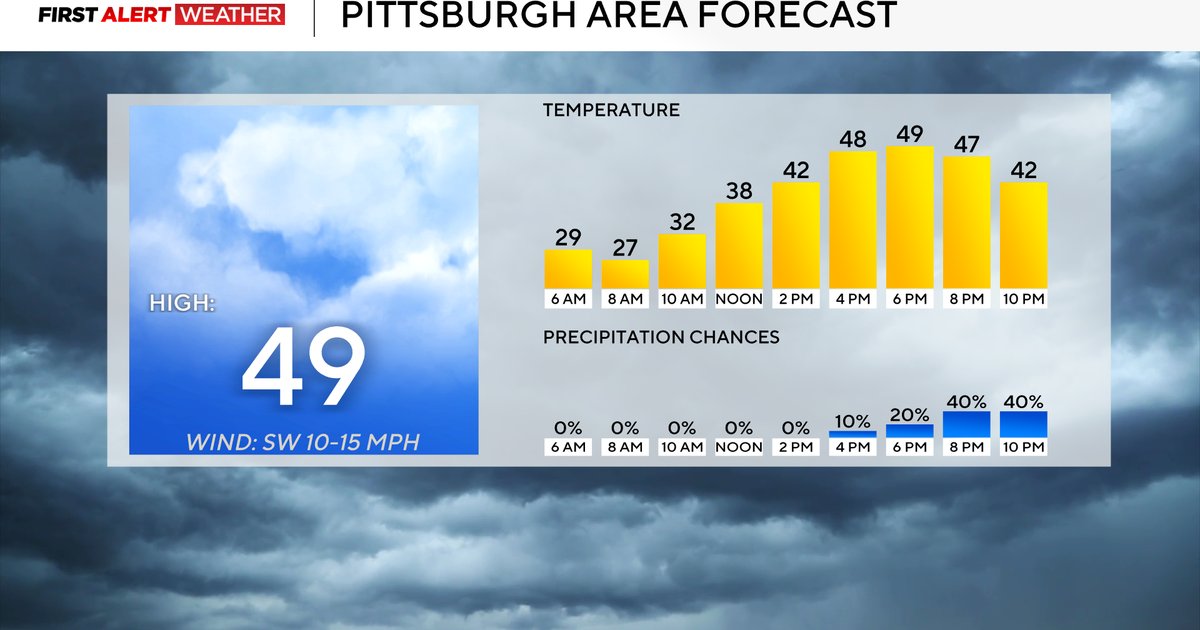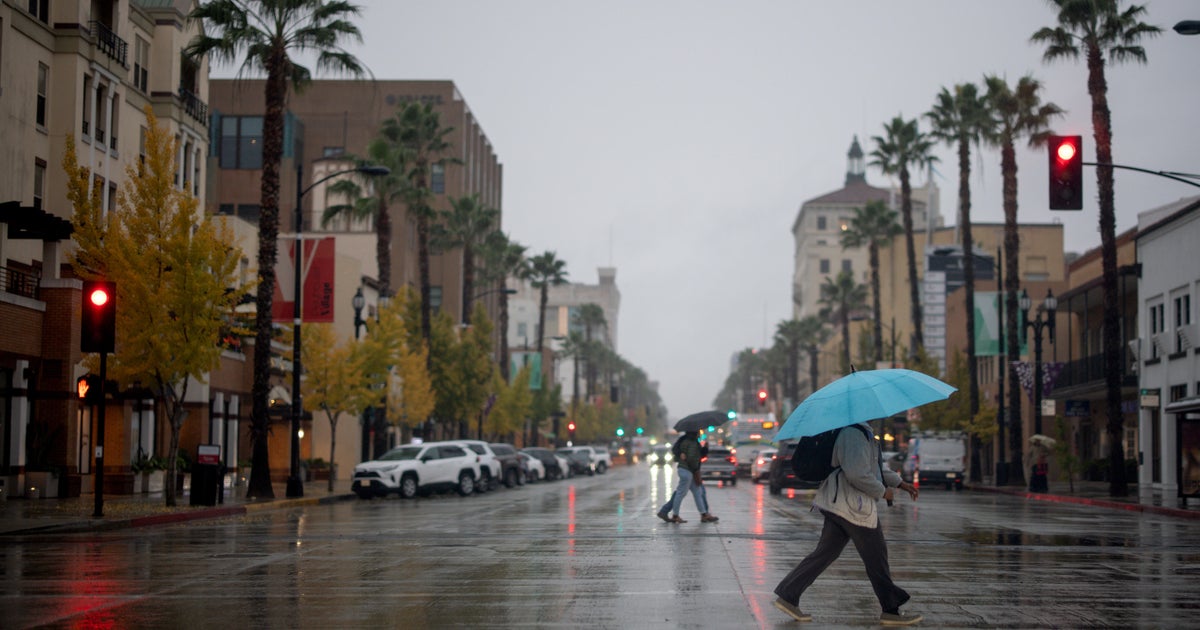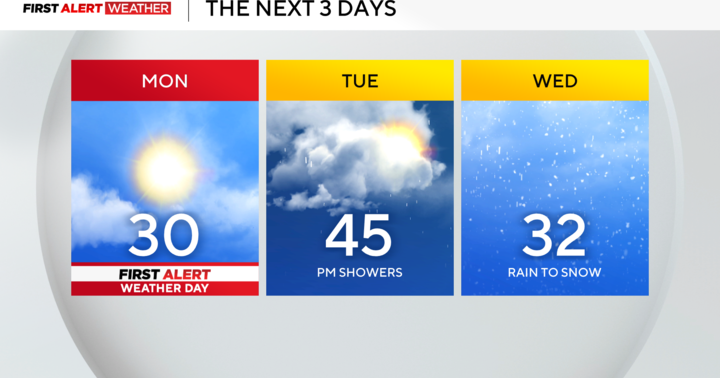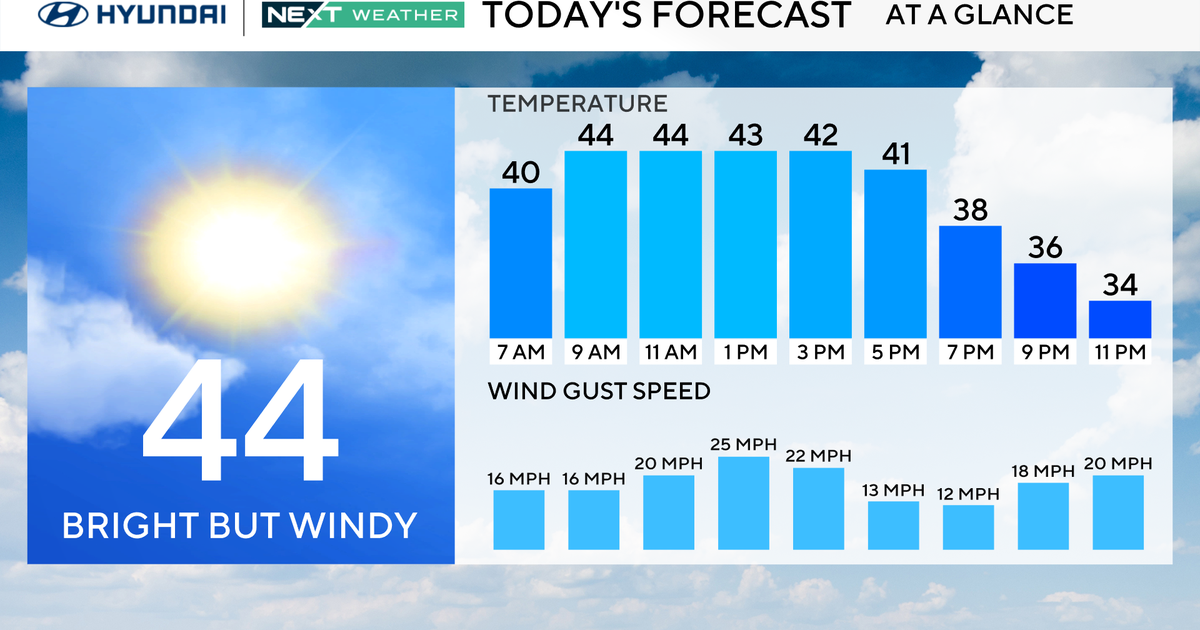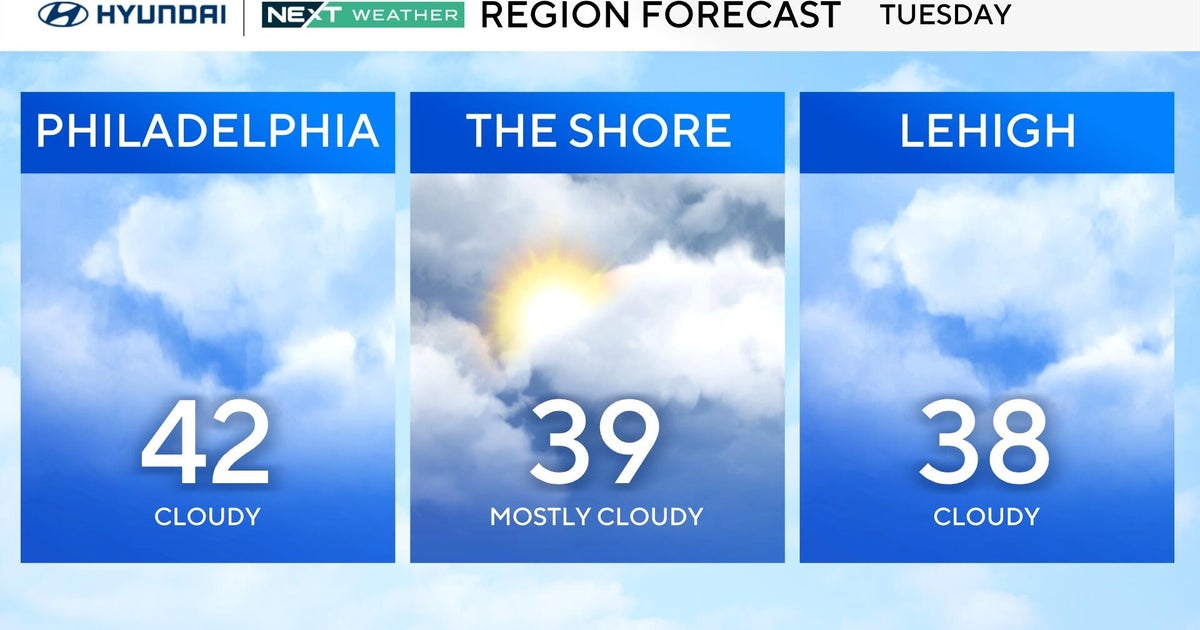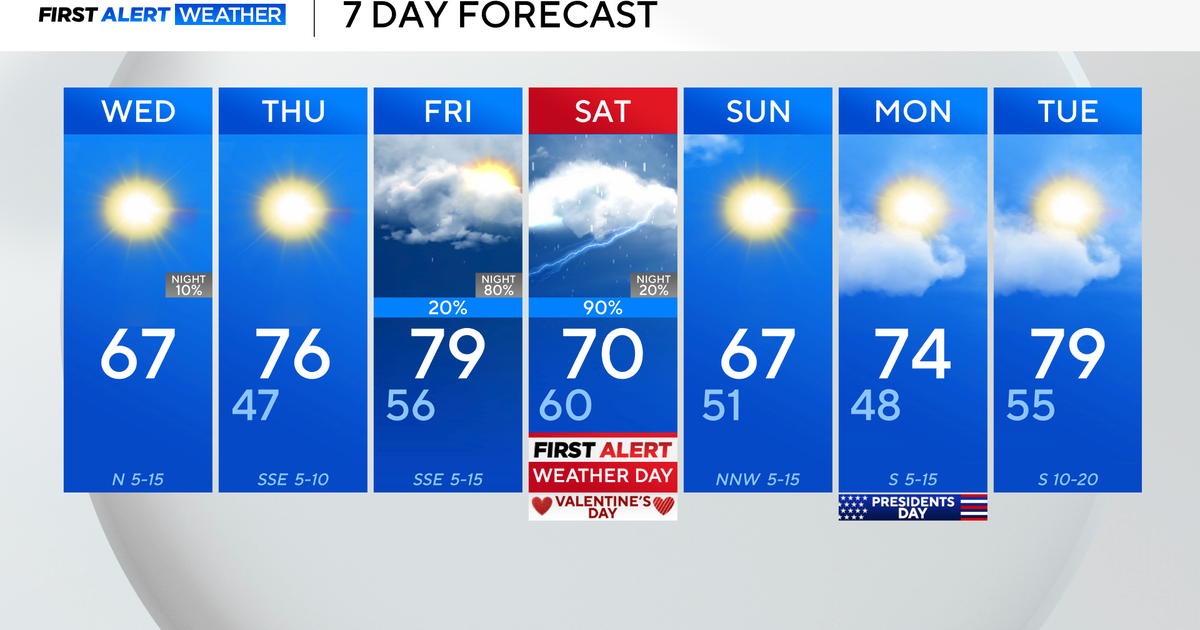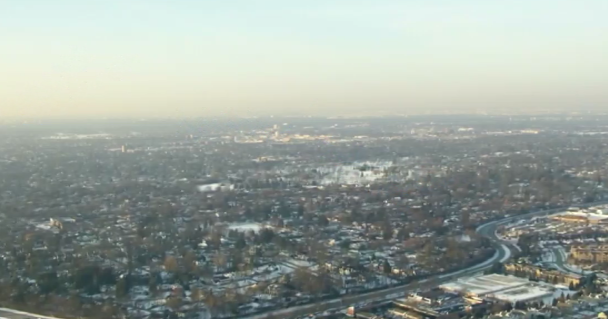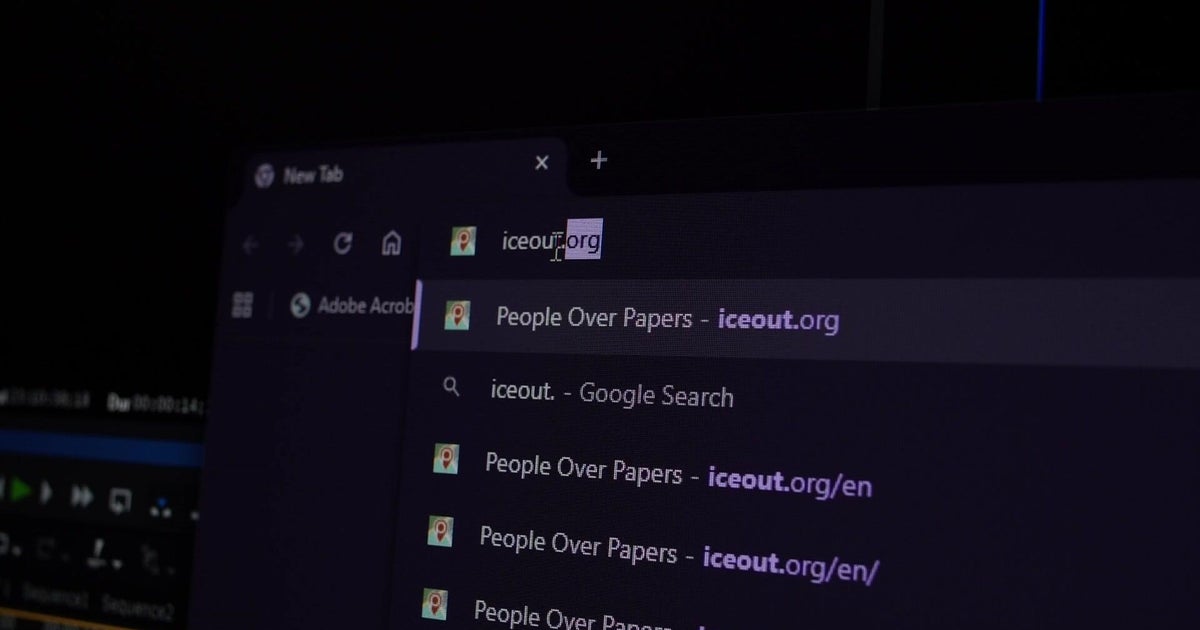Weather Blog: Fireball Vs. Meteor
Every year, as the Earth spins into the fragment field of the comet Swift-Tuttle. Pieces of rocky space debris, or meteoroids, slam into our atmosphere at 132,000 mph, producing the year's most action-packed meteor shower – the Perseids.
Generating 50-100 meteors per hour, the Perseid meteor shower runs through Aug. 24 with peak activity set to occur over the next few nights.
Another factor why the Perseids reign supreme among meteor showers is its fireball formation rate. According to NASA, the Perseid meteor shower produces more fireballs than any other—568 since 2008, far more fireballs than the second place rival, the Geminids.
So what exactly is the difference between a fireball and a meteor? The terms themselves reveal the answer in that a fireball is more intense.
A meteor is the light generated by a meteoroids as it travels through space.A fireball is simply an intense meteor with a brightness that is greater than that of the planet Venus.
Here's a sweet meteor terminology chart from the American Meteor Society.
For star-gazers, our local weather is set to be perfect, with clear skies and dry air, the next few nights of peak Perseid activity.
The shower will radiate from the constellation Perseus in the northeast sky, but you don't need to be an astronomical expert to find it. Just look up and be located as far away from city lights as possible.
EarthSky.org recommends, "give yourself at least an hour of observing time, for these meteors in showers come in spurts and are interspersed with lulls."
Typically, the prime time for meteor-viewing is just before dawn. Sunrise tomorrow morning occurs at 6:11 a.m.
The current Supermoon, set to rise at 8:48 p.m. Monday evening, will act as a double-edge sword for sky-watching.
The brightness of the Supermoon will lessen the visibility of Perseid meteors yet for meteors and fireballs, big, bad and bright enough to be seen, catching a glimpse of a glorious and glowing streak in the sky adjacent to a glorious and glowing Supermoon would be a view out of this world!
